Social Media Self-Care: How I’m Reclaiming My Peace in a Digital World
We have never been more connected - or disconnected, in human history. The internet and social media outlets allow us to connect in amazing ways. I met my husband through an internet dating website. I have met many of my friends through common online groups and virtual spaces. I learn so much through groups, comment sections, message boards, and pages I follow. When used correctly and intentionally, these avenues can be beautiful and amazing ways to connect and keep in touch, and powerful tools to learn, grow, and become a better human.
In the same breath, these outlets deeply disconnect us, cause conflict, and lead to addiction, anxiety, fear, and drain our mental and emotional energy. If we aren't careful, they can influence our well-being in ways we never intended. Research shows social media is linked to increased stress, poor sleep, and mental health struggles, particularly in children, teens, and young adults. Social media is one of the biggest contributing factors to burnout, depression, loneliness, and anxiety. It can also become a breeding ground for predators, toxic ideologies, and harmful comparisons to the perfectly curated lives we see online.
Social and digital media, and our 24/7 access to them, are still relatively new, bringing challenges we've never faced before. With few external boundaries in place, it's up to each of us to set our own. That means taking responsibility through self-awareness, self-control, and intentional self-care in how we engage with these platforms.
Constant media consumption can be mentally and emotionally exhausting and draining. Especially when our feeds are filled with negativity, sadness, despair, and all the bad things happening in the world. I can’t step away from social media completely (it’s part of my job and a tool for connection), but I’ve found ways to make it a healthier, more mindful space.
If you’re wondering how to create a better relationship with your screen time, here are some things that have helped me:
1. Limit Time and Content
I limit screen time and content I am viewing. One of the very first things that I cut out was news and commercials. Mute commercials, install ad blockers. Turn off the TV when it’s emotionally draining. If you absolutely have to watch/listen, give yourself a time limit, and stick to it. Many smartphones have internal settings to put a time limit on apps, and if there isn’t one already built-in, you can download an app.
2. Give Your Screens a Curfew
All screens need a curfew because they all emit blue light. Blue light exposure may increase the risk of macular degeneration, contribute to digital eye strain, headaches, and fatigue. Blue light interrupts sleep schedules by throwing off circadian rhythm, and it affects our levels of melatonin and REM. If screens are absolutely necessary, add a blue light filter, dim the brightness or use blue light glasses.
3. Hack the Algorithm
Social media like Facebook, Instagram, TikTok, and Twitter all use algorithms to show you targeted content. If you start seeing a lot of negative things on your feed, start “liking” more educational, positive, inspirational, fun, and happy things, and watch how fast it changes.
4. Edit Your Feed with Intention
Don’t be afraid to cut out the toxic. If something you are seeing bothers, offends, or creates a negative feeling inside you, get rid of it. You are in control of your feed (to a point). Social media should be a space that adds value to your life, not one that drains it. To improve your feed, unfollow pages, mute, block, or unfriend people and groups that aren’t creating happiness or value.
I’ve curated mine to be full of joy, learning, herbal wisdom, art, and affirmation. If I’m going to scroll, I want it to lift me up—not weigh me down.
5. Seek Out Positivity and Connection
Seek out positivity, connection, and learning. Find pages and groups about what interests you, where you can make like-minded friends. Fill your feed with things that will add value to your life. I find pages that give me healthy affirmations so that when I am mindlessly scrolling, I am including affirmations that help bring me back to the present. Consciously start choosing and creating spaces that benefit you. When you surround yourself with people who share your values and passions, the whole experience shifts.
6. Choose Your Platforms Wisely
Check out different platforms. Not every platform feels the same. I’ve found that:
- Facebook can feel emotionally heavy and even overwhelming at times, especially if you’re not mindful of what fills your feed. That said, it excels at fostering connection through interest-based groups, community pages, and staying in touch with friends and family. If you're looking for spaces to learn, share, and find your people, Facebook offers some of the best infrastructure for building and participating in online communities.
- Instagram has a more uplifting and visually inspiring feel. Its emphasis on aesthetics and storytelling through images and reels creates a positive, scrollable experience. However, it's more about individual expression than group interaction, and it offers fewer tools for deep community engagement.
- Pinterest is a goldmine for ideas, creativity, and learning. Whether you're seeking recipes, DIY projects, wellness tips, or educational content, Pinterest makes inspiration easy to find and save. While it’s not designed for real-time conversation or relationship-building, it’s an excellent platform for self-paced exploration and growth.
- TikTok might just be one of the happiest corners of the internet—if you curate your feed with intention. It's packed with entertaining, uplifting, and educational content. From cozy niche communities like #BookTok and #HomesteadTok to mental health support and herbal education, there's a little something for everyone. While interaction is more limited compared to platforms like Facebook, there's still a strong sense of community and shared culture through comments, stitches, and duets.
- X (formerly Twitter) is known for real-time updates and trending conversations. It can be a great place to learn from thought leaders or join discussions, but it often leans toward conflict, hot takes, and fast-paced emotional content. Boundaries are key here.
- Threads Meta’s alternative to X, Threads encourages lighter, less aggressive sharing and conversation. Still growing and evolving, it feels more casual and supportive but may have limited community depth at this stage.
- YouTube is great for in-depth content, tutorials, and educational series. You can follow creators who inspire, teach, or entertain. Interaction happens mostly through comments, but the platform fosters learning and long-form attention.
- Reddit is built around topic-based communities (called subreddits), Reddit can be a wealth of collective knowledge, humor, and support. However, tone varies widely by community, so it’s important to find the right subreddits and steer clear of toxic threads.
- LinkedIn has a more professional tone, LinkedIn can be a positive space for personal growth, motivation, and connecting with purpose-driven professionals. It has less emotional noise but still requires mindfulness to avoid comparison or burnout.
Choose the platform that aligns with your energy, intentions, and goals. Each one offers something different—whether you're looking for connection, creativity, education, or simply a break from reality. Pay attention to how each space makes you feel, and be intentional about where you spend your time online.
7. Don’t Fall into the Comparison Trap
We have to find ways to combat comparing. Iyanla Vanzant said it best: “Comparison is an act of violence against the self.” If we find ourselves comparing and feeling like our lives don’t seem as amazing as the lives presented online, we need to look at why. Try to divert your thoughts to what is good about your life. Encourage realness by being raw. Celebrate small, everyday wins, and share your struggles in the right spaces. Post pictures of the not great, the ugly, the not perfect. Show others your real authentic self without filters. That authenticity ripples outward more than we realize.
8. Take a Break—Even a Small One
Don’t be afraid to take a break. One day, a week, a month, just on weekends - whatever you can commit to will do you good. We have to remember that social media is a tool for us. WE get to choose what it does and how it affects us. Set your boundaries, and keep them!
Final Thoughts
Digital self-care isn’t about disconnecting completely (unless that’s what you need), it’s about taking your power back. Social media can be a place of learning, beauty, joy, and community if we use it with intention.
So take a moment today to check in with how it’s making you feel. Tweak what you follow, set a boundary, or schedule a mini-break. You deserve peace in every part of your life, including online.


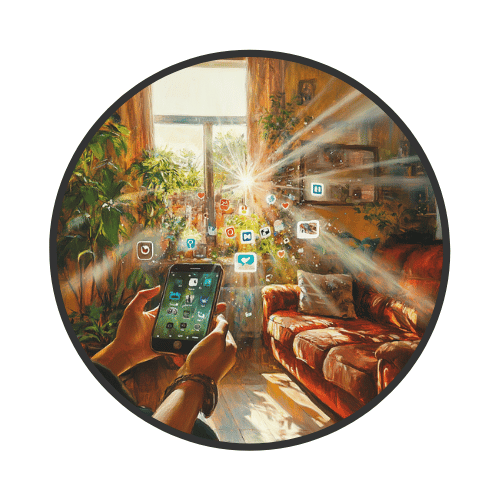
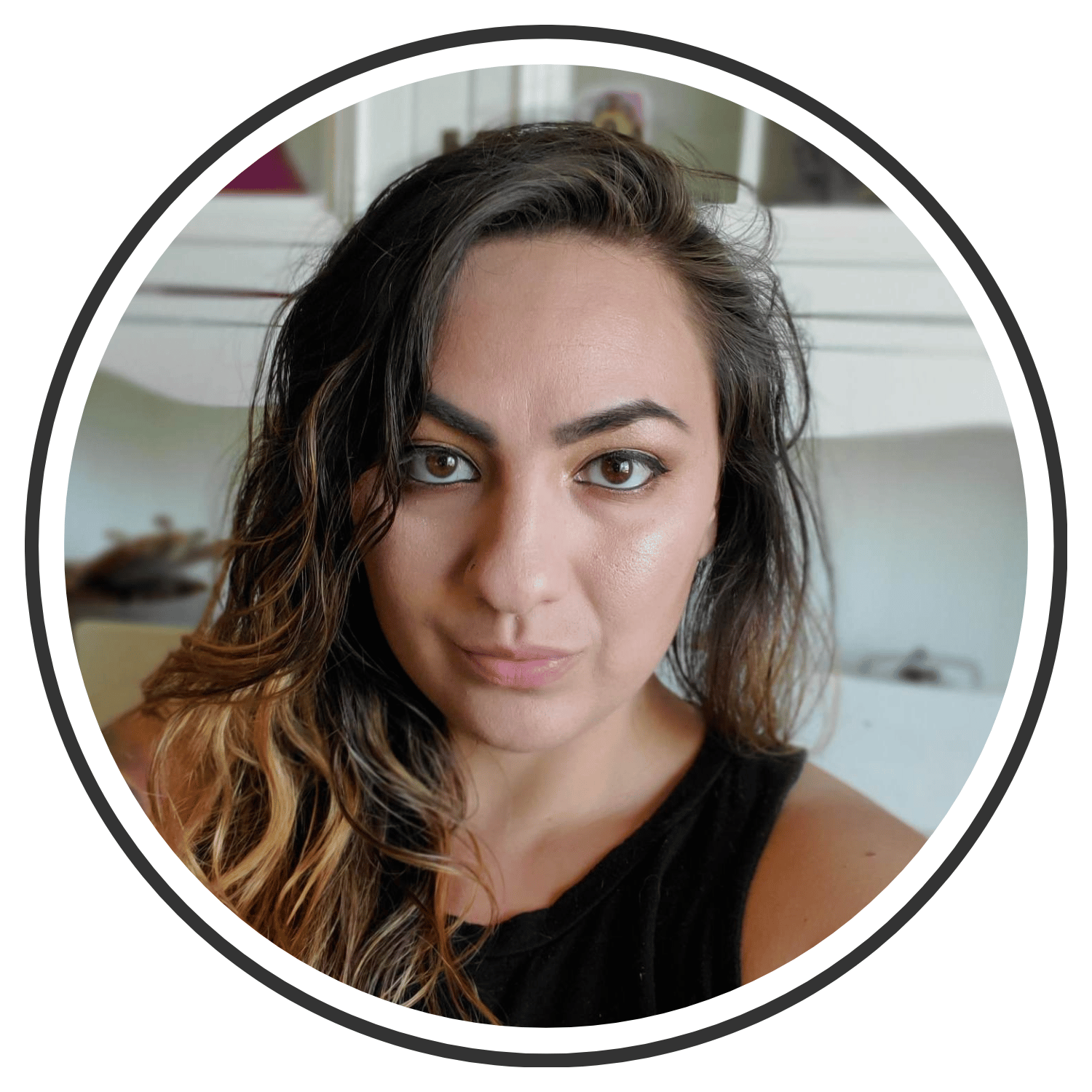
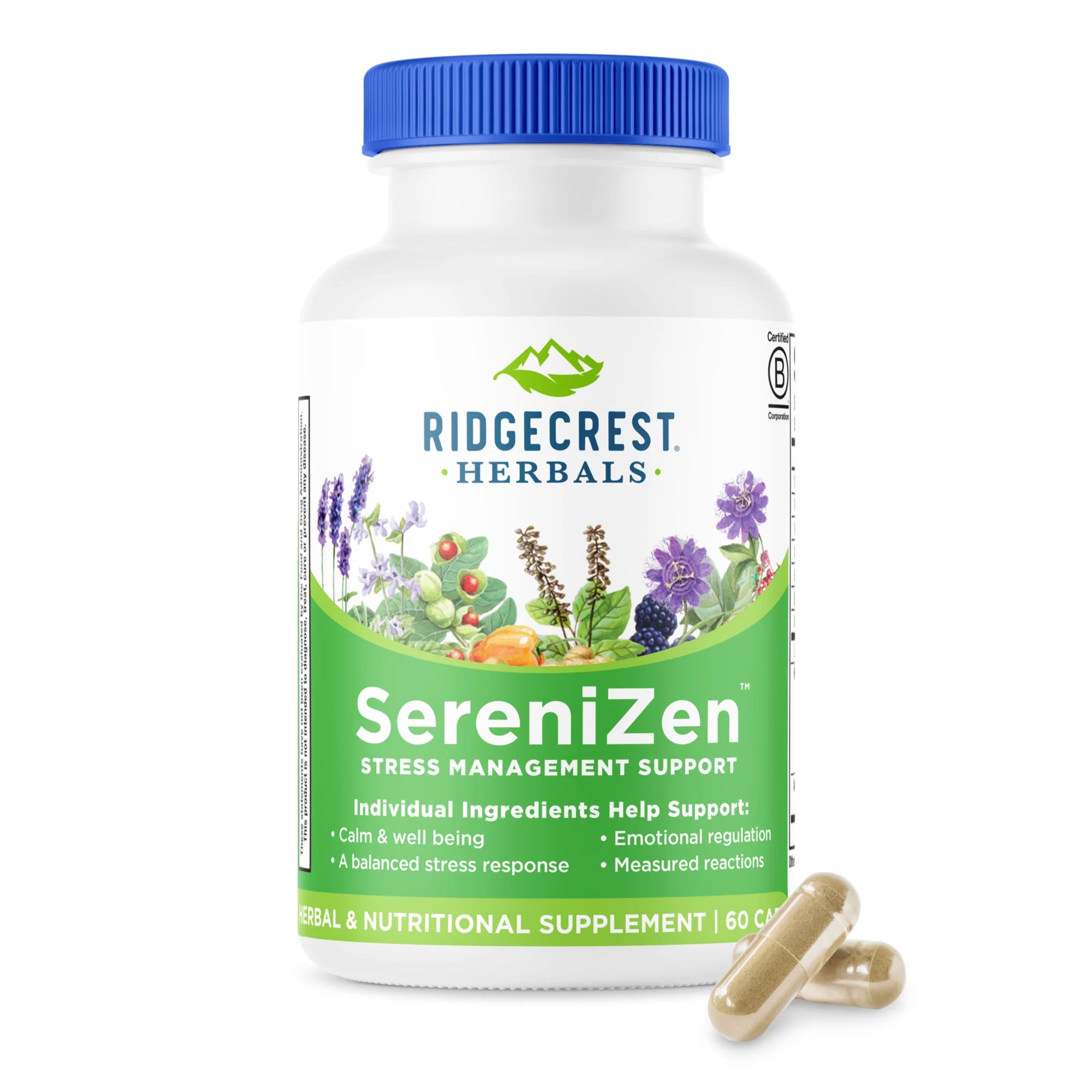
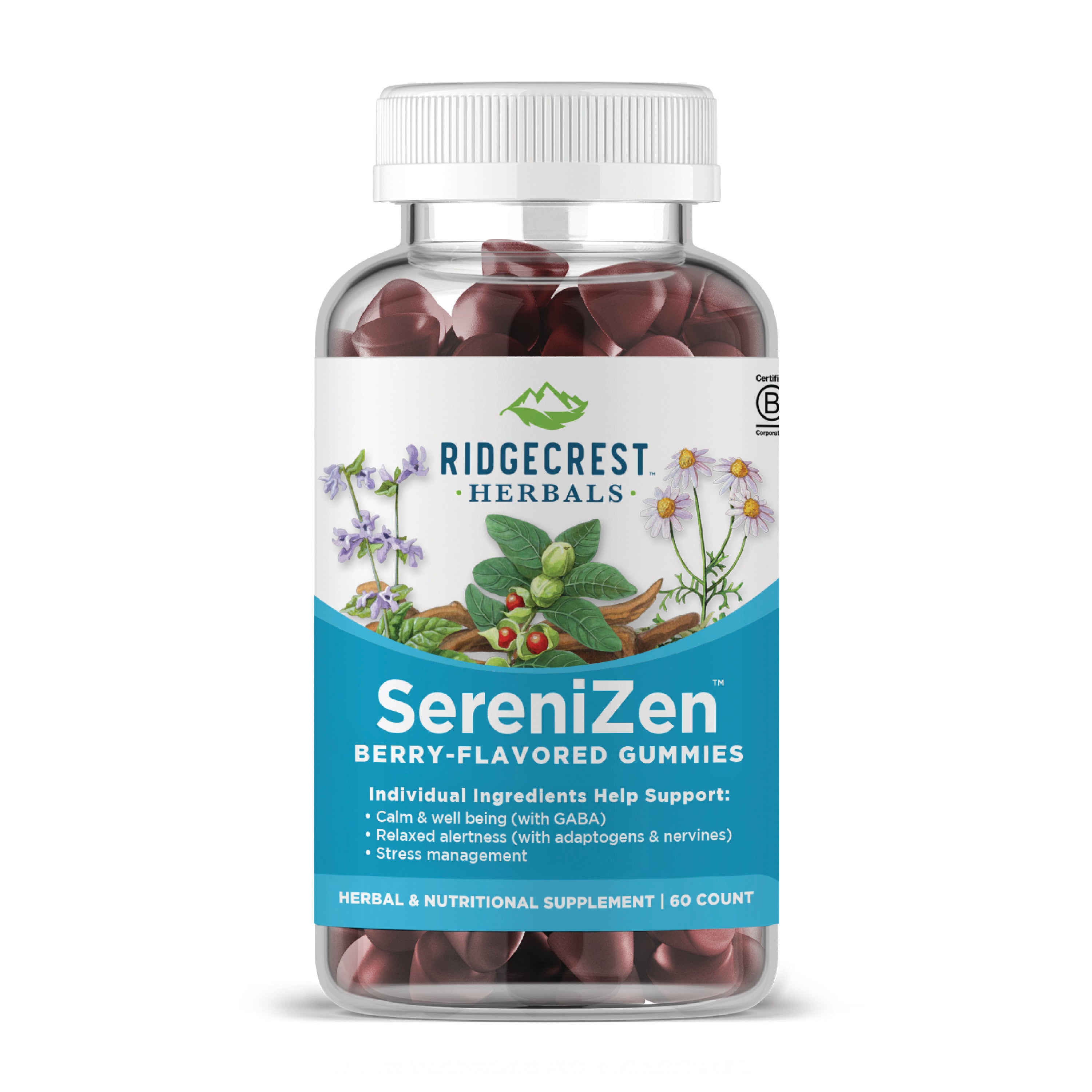
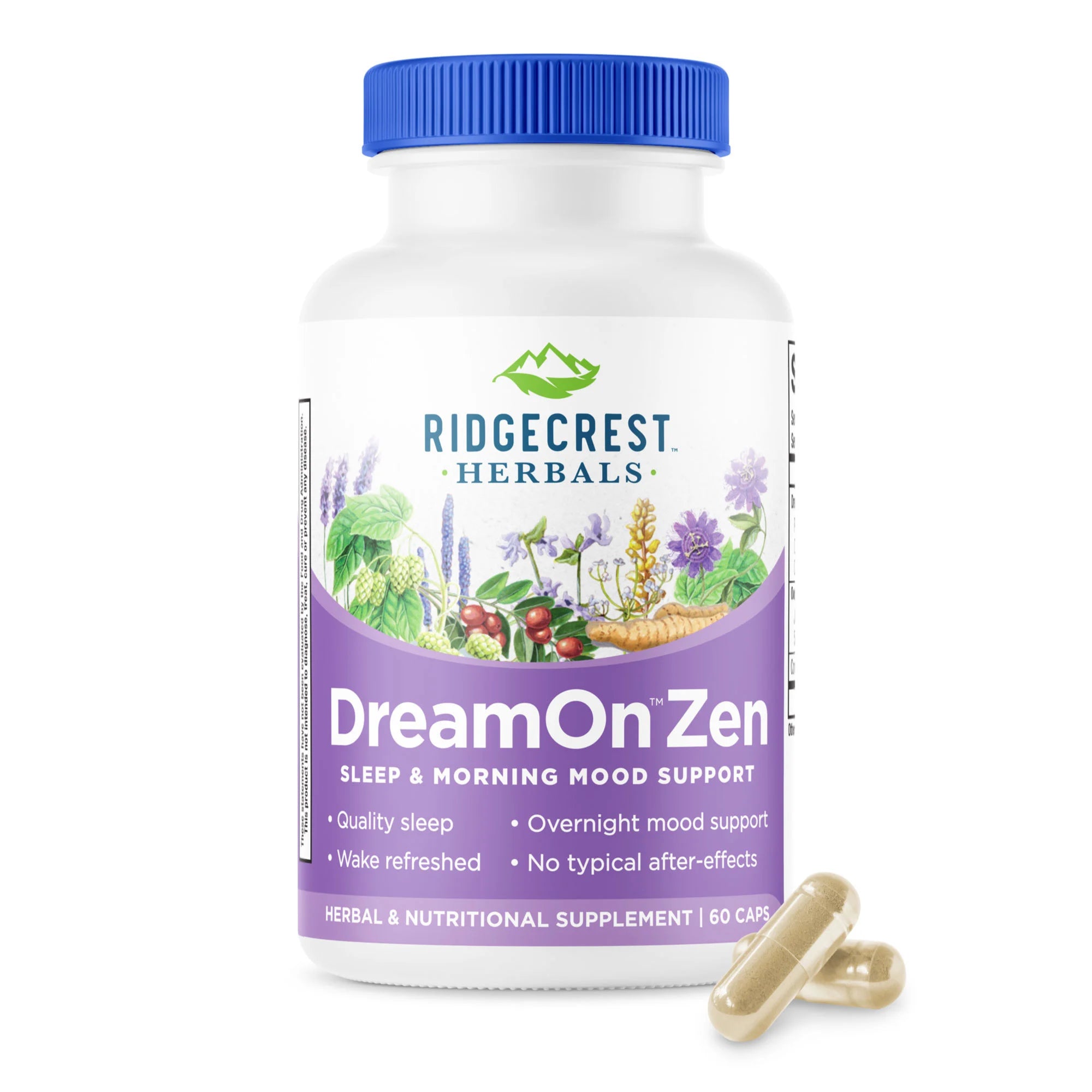
Leave a comment
All comments are moderated before being published.
This site is protected by hCaptcha and the hCaptcha Privacy Policy and Terms of Service apply.